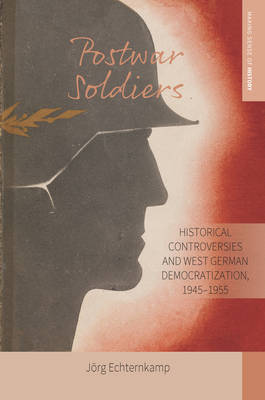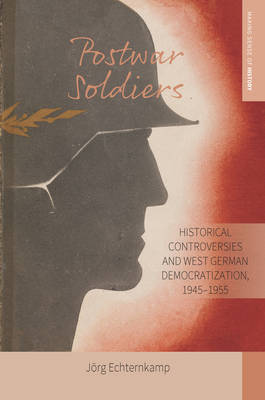
- Retrait gratuit dans votre magasin Club
- 7.000.000 titres dans notre catalogue
- Payer en toute sécurité
- Toujours un magasin près de chez vous
- Retrait gratuit dans votre magasin Club
- 7.000.0000 titres dans notre catalogue
- Payer en toute sécurité
- Toujours un magasin près de chez vous
Postwar Soldiers
Historical Controversies and West German Democratization, 1945-1955
Jörg EchternkampDescription
Contemporary historians have transformed our understanding of the German military in World War II, debunking the "clean Wehrmacht" myth that held most soldiers innocent of wartime atrocities. Considerably less attention has been paid to those soldiers at the end of hostilities. In Postwar Soldiers, Jörg Echternkamp analyzes three themes in the early history of West Germany: interpretations of the war during its conclusion and the occupation period; military veteran communities' self-perceptions; and the public rehabilitation of the image of the German soldier. As Echternkamp shows, public controversies around these topics helped to drive the social processes that legitimized the democratic postwar order.
Spécifications
Parties prenantes
- Auteur(s) :
- Traducteur(s):
- Editeur:
Contenu
- Nombre de pages :
- 570
- Langue:
- Anglais
- Collection :
- Tome:
- n° 39
Caractéristiques
- EAN:
- 9781789205572
- Date de parution :
- 20-03-20
- Format:
- Livre relié
- Format numérique:
- Genaaid
- Dimensions :
- 152 mm x 229 mm
- Poids :
- 929 g

Les avis
Nous publions uniquement les avis qui respectent les conditions requises. Consultez nos conditions pour les avis.






